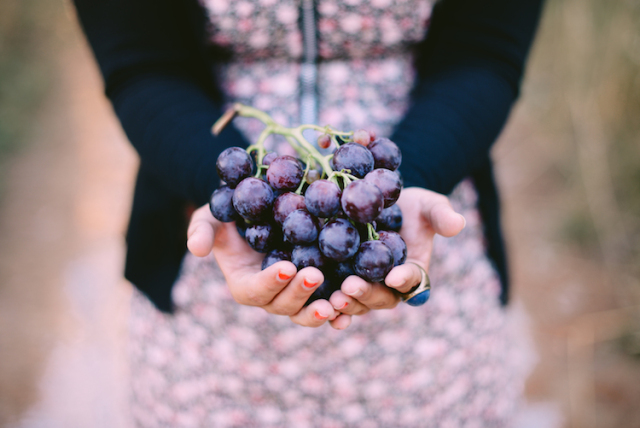
By Elisa Scarton Detti
It’s a match made in heaven – Tuscany’s unspoilt countryside and a biodynamic vineyard that respects the environments and the traditions of generations past.
I admit, I don’t know the first thing about wine. I recently attended a wine tour and had the misfortune of sitting down with a true sommelier, which meant I was out of my depth conversationally after the first glass. I did manage to get in some very knowledgable nods and snorts of agreement though.
The wines were produced by Fattoria La Maliosa, an organic farm tucked behind the hills of Saturnia and Poggio Murella in an undiscovered corner of Tuscany known as the Maremma. The project was started in 2008 as a way to valorise the territory and offer winos a truly unique product.
Rather than replant a bunch of new vines, La Maliosa salvaged a wild and sorely neglected 50-year-old vineyard. They worked with what they sweetly called the “Tuscan mix” of red and white grapes they found on the vineyard.
La Maliosa doesn’t use chemicals at any stage from grape to bottle. This is farming the way it should be done and was done. The smallest quantity of natural products are used to keep the bugs at bay. All farming is done by hand without machinery, and you are truly at the mercy of the terrain and the climate.
Last year, the winery dumped their entire harvest of red grapes. The weather hadn’t been right and the grapes were simply not up to par.
La Maliosa does almost nothing in their cellar. No animal products or additives are used, there’s no filtering and the wine is aged in recycled and natural barrels.
This goes beyond organic as to earn a biodynamic sticker, everything you do has to be holistic and sustainable. The magic comes from the product itself and not from any quick fixes in the cellar.
I tried the latest 2012 Rosso I.G.T. It reminded me of the reds that make this part of Tuscany famous – the Chiantis and to a lesser extent, the Morellino di Scansanos. It’s an intense, fruity red with real character, but it’s subtle enough that even an unseasoned drinker like myself can enjoy it without spluttering over how strong it is.

I definitely felt like the 2013 Bianco I.G.T was more memorable. Served to us with a smattering of incredible local cheeses, salamis and the best honey ever, I was impressed at how unique it tasted.
It had the cloudy colour of real apple juice – not that bright, almost orange type you buy from the supermarket. It was well-balanced and honeyed and nothing can sum it up better than what my sommelier friend said – he said it reminded him of the wines his nonno used to make in his home cellar.
And it did. It had the real natural and artisanal character that you want from a biodynamic wine. You want it to look, taste and go down differently. You don’t want something perfectly mass produced.
As part of the winery tour, we were treated to a visit of the farm’s beehives. I have been toying with the idea of keeping bees for a while now. Hubby and I were honestly convinced that all you needed was a box of bees and some flowers.
Turns out there is so much more to it. La Maliosa produces organic honey and their beekeeper, who is utterly infatuated with his bees, works day and night to make sure they’re happy and healthy.
The blossom honey they produce was delicate and perfumed and went down a treat with the cheese. It was even better when I mixed it with some olive oil and spread it on toast – my new favourite snack!
Farming is such a big part of Maremman life. We produced so much of the region’s wine, olive oil, fruits, vegetables and grains, but so many of our farmers are convinced ‘organic’ and ‘biodynamic’ are the watch words of crazy hippies who don’t know the first thing about farming.
It was incredible to see just how fruitful and successful organic farming can be. I took some tips home for our terrace garden and hopefully my lacklustre hydrangeas will thank me.
Feature photo grapes in hand via Shutterstock
